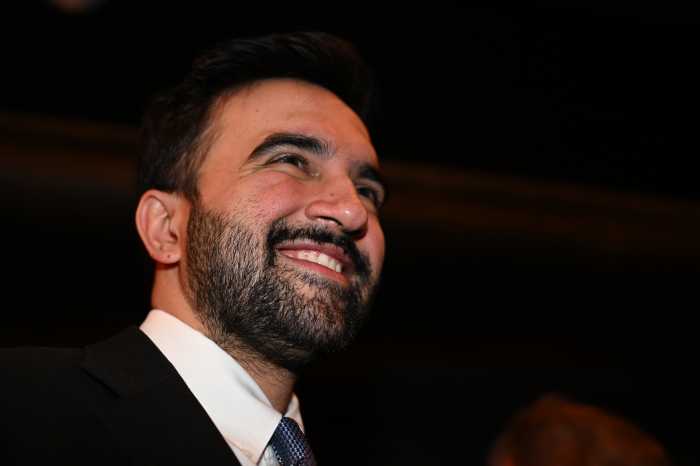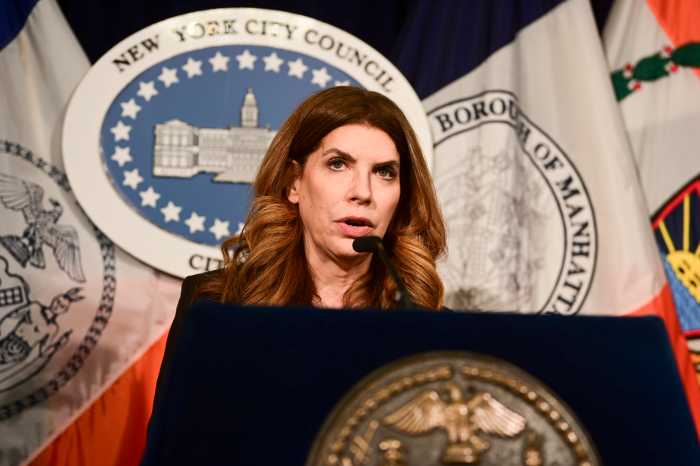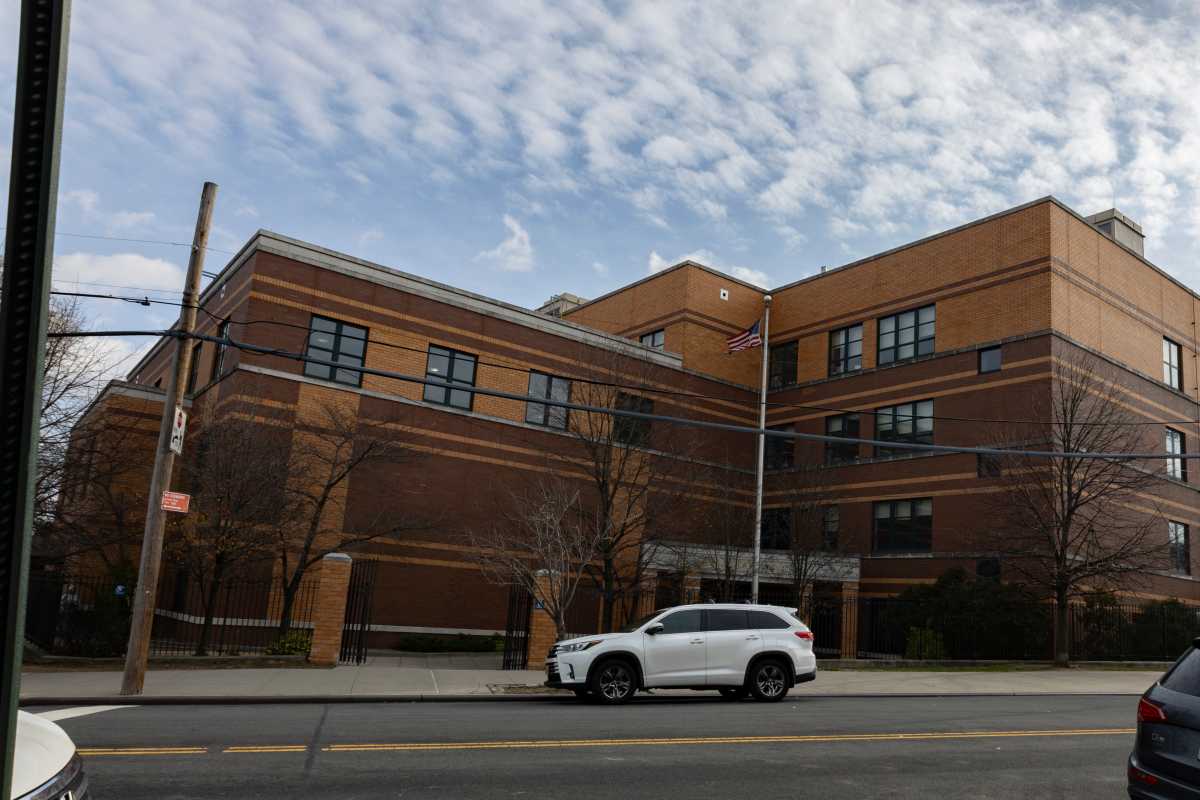New York has one of the oldest populations in the country and an increasing number of elderly and disabled residents, a number that is scheduled to skyrocket as Baby Boomers age.
By the end of this year, the youngest of the Baby Boomers will have turned 60, a milestone accompanied by an increase in adult children caring for their aging parents.
More than half of Americans in their 40s are now ‘sandwiched’ between an aging parent and their own children— a context that has led to this generational cohort being dubbed the “sandwich generation.”
This transition isn’t always easy, and the sandwich generation is feeling the pressures of raising their own kids and caring for their parents, leading to stress, anxiety and financial worries.
October is Long-Term Care Planning Month, which presents an opportunity to highlight that — while caregiving for aging parents can be difficult and feel overwhelming at times —resources are available – including the role of a patient advocate.
My job as a senior member advocate at the Bronx-based RiverSpring Health Plans gives me a front row view of these challenges and how to help navigate the healthcare system to ease anxieties and educate families on what services are available to them.
Take the recent example of a Queens resident whose bedbound 94-year-old father received a sky-high utility bill that they suspected was an error.
It was – and I was able to contact the necessary company representatives to identify the problem and work out a solution, a resolution that saved the patient hundreds of dollars – and helped the family sleep better at night.
After getting to know the family and their challenges, the family expressed additional concerns about treating dental and podiatry issues. While their father was previously taken to an oral surgeon after his nurse care manager flagged a dental issue, transportation was difficult due to his frail condition. The family knew insurance covered dental and medical appointments, but what they didn’t know was that their father was eligible for home visits.
Having the knowledge that experts could come to them was a gamechanger for the family, and a follow-up home visit from a dentist several weeks later further eased their concerns. Until their father got sick, they never investigated these services because they didn’t know they were available.
This is why patient advocates are so critical for helping patients and families: We serve as their eyes and ears and are skilled at navigating a system that is often impenetrable – even more so for those with limited English ability.
We also play a critical role in assisting with interpretation. It seems like not a day goes by where my organization encounters members who are having trouble accessing services or receiving the full benefits to which they’re entitled due to their lack of English fluency. In a city where 30% of older New Yorkers are limited English speakers, that’s not insignificant.
Ultimately, for those in the sandwich generation who are squeezed, having that expert advice makes a tremendous difference in a caregiver’s life and peace of mind – even for non-medical issues.
Few things are as daunting as the American health care system. Navigating bureaucracy is bad enough on our best days. But for most of us, we don’t navigate the healthcare system when we’re feeling terrific – or when our loved ones aren’t suffering.
Caregiving isn’t easy. But with patient advocates, the strain is just a little bit lighter.
Mariam Sukiasyan is a senior member advocate at the Bronx-based RiverSpring Health Plans
Read More: https://www.amny.com/opinion/







































